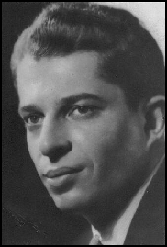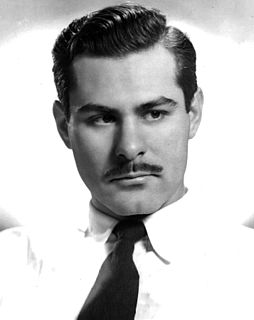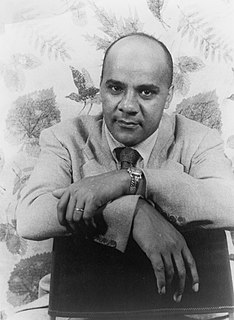A Quote by Albert Maltz
By the time I was at college, I became very alert to the question of racial discrimination, and I remember one of my first writing attempts had to do with a lynching.
Related Quotes
I would like to say that racial attitude and prejudice are probably here...It is very difficult to act this out - discrimination - discrimination is an act. After you have the prejudices, the disciminations come out, if there is an institution for it but the Cubans have attempted to create institutions free of discrimination.
We have a lot more work to do in our common struggle against bigotry and discrimination. I say "common struggle" because I believe very strongly that all forms of bigotry and discrimination are equally wrong and should be opposed by right-thinking Americans everywhere. Freedom from discrimination based on sexual orientation is surely a fundamental human right in any great democracy, as much as freedom from racial, religious, gender, or ethnic discrimination.
...The Court ...[recognizes]...the persistence of racial inequality and a majority's acknowledgement of Congress's authority to act affirmatively, not only to end discrimination, but also to counteract discrimination's lingering effects. Those effects, reflective of a system of racial caste [legal segregation and discrimination] only recently ended, are evident in our work places, markets, and neighborhoods. Job applicants with identical resumes, qualifications, and interview styles still experience different receptions, depending on their race.
I come out of the environment of the Deep South, where I had seen the millstone of racial discrimination weighting down my people, both the black people and the white people; and I had seen the enormous progress that we were able to make after we removed the legal restraints of a two-class society, with the whites superior and blacks inferior. So I was very convinced before I became President that basic human rights, equality of opportunity, the end of abuse by governments of their people, was a basic principle on which the United States should be an acknowledged champion.
I got to college in '99, and I went to study literature and writing, and so within a couple years we had Bush elected, 9/11, we were at war, so I was sort of having my political and spiritual awakening at the same time I was becoming an adult, and that's a lot of stuff at once. I became very focused on the state of the world, and I started studying that stuff more, and I just had a real identity crisis. I couldn't even really just study literature.



































